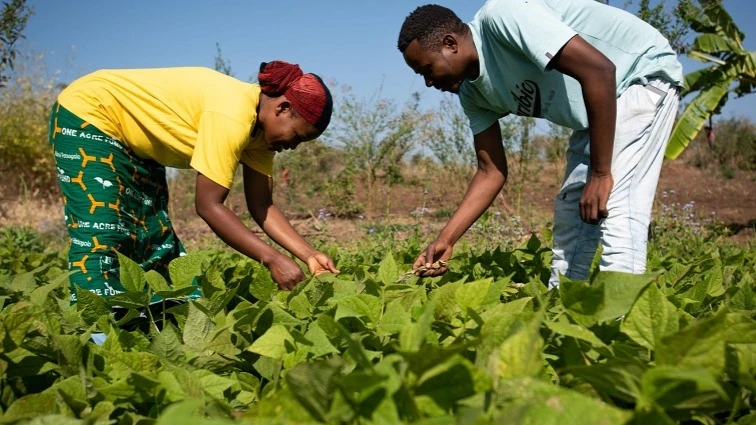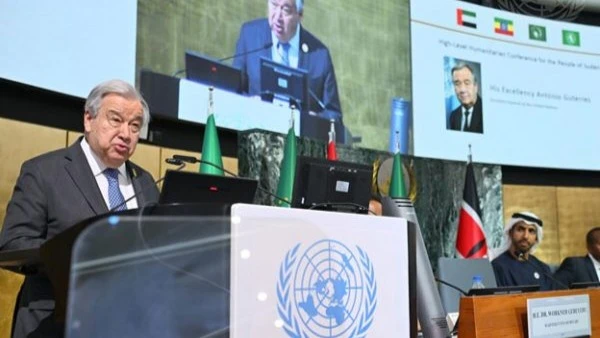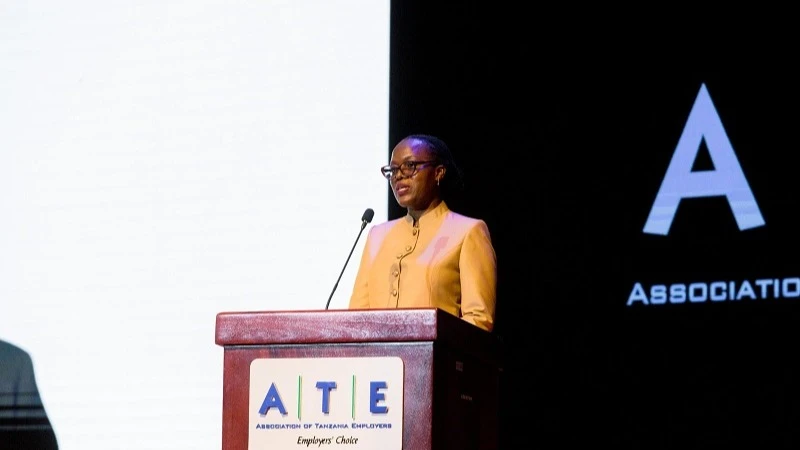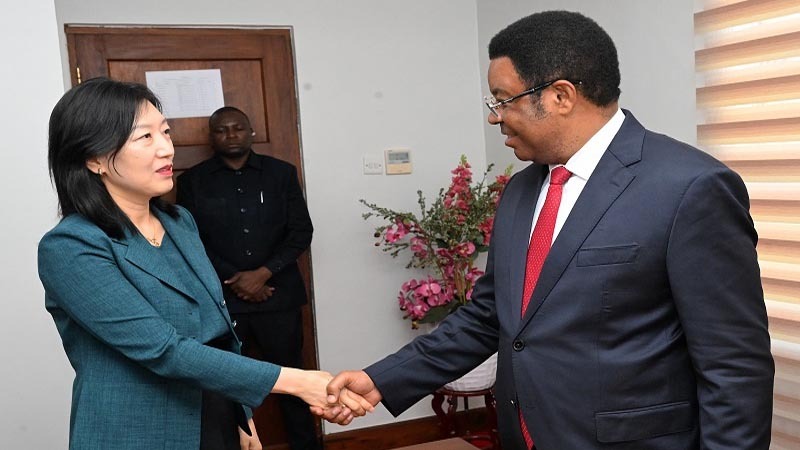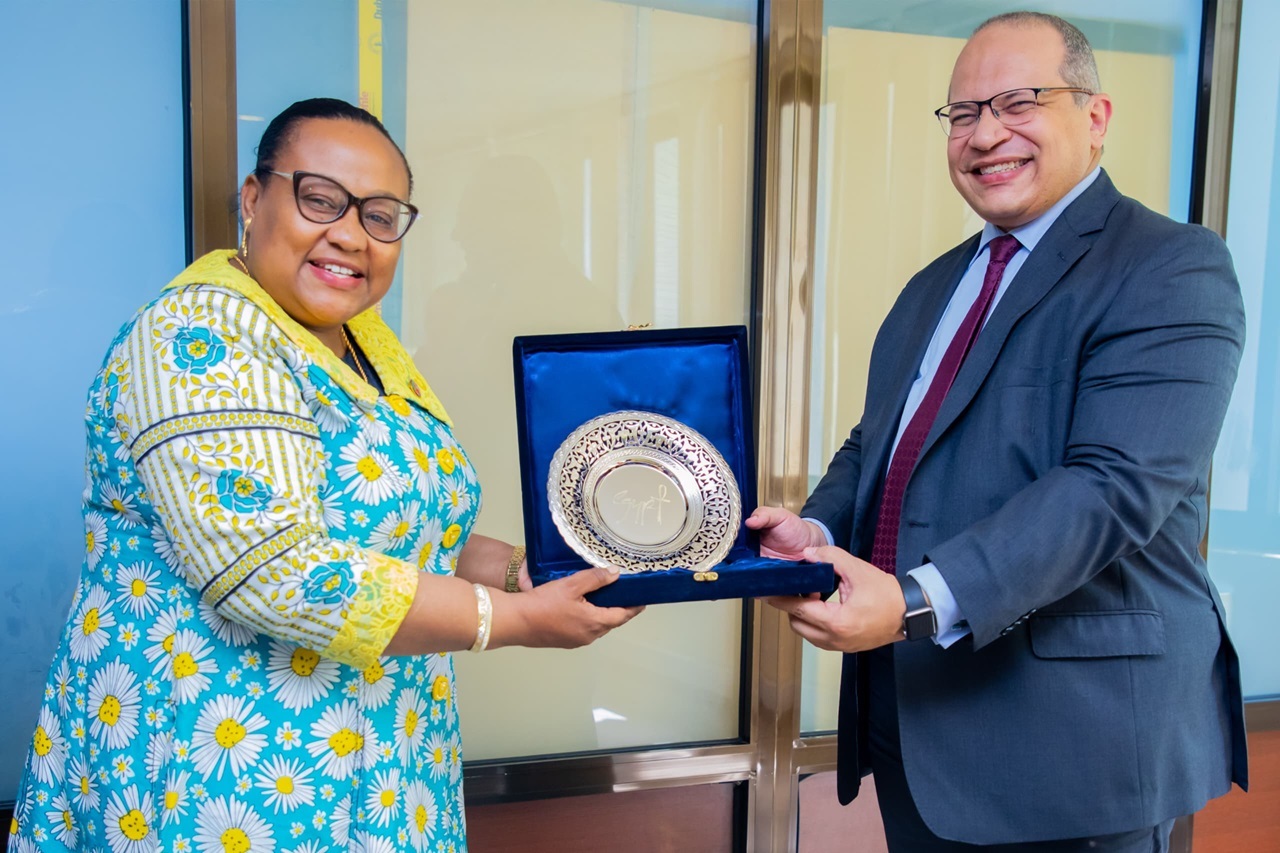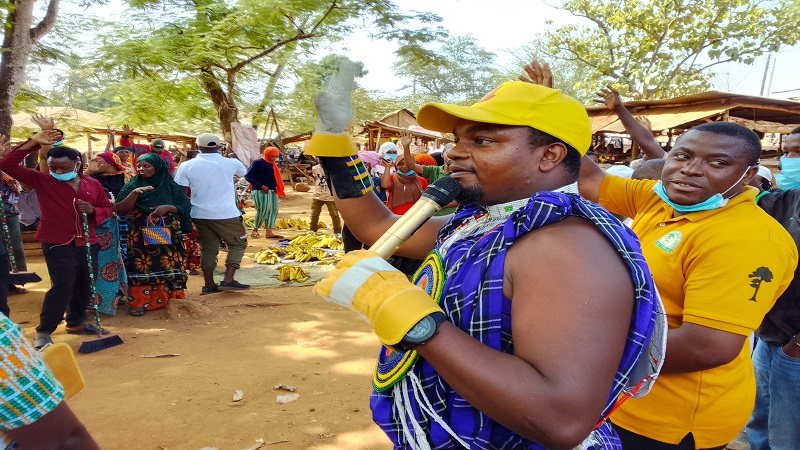Tanzania’s education reforms: A bold vision for vocational skills, early English coaching
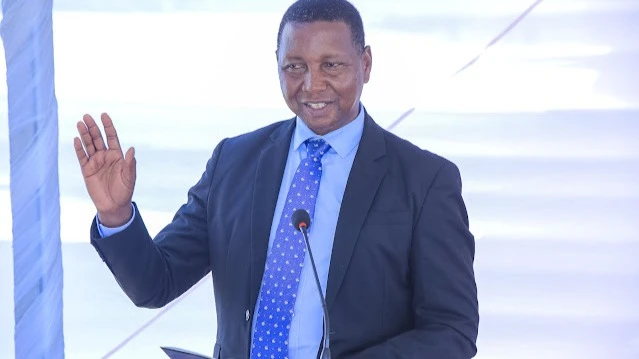
TANZANIA'S education system is undergoing significant shifts, as the country grapples with systemic issues that have long hindered students' preparedness for modern economic demands.
Education Minister Adolf Mkenda has outlined reforms to integrate vocational training in secondary schools and introduce English instruction from Standard One, aiming to modernize education and address key challenges.
The plans have sparked widespread debate, seen by many as a crucial step toward equipping students with skills for a competitive global landscape.
Abdul Mutashobya, from Michigan State University, argues in his think pieces that these reforms could provide the much-needed bridge between education and employment.
By incorporating vocational training, largely absent in the Tanzanian system, students could develop job-ready skills that align with the demands of local industries. This, in turn, would better prepare them for the workforce.
The idea of vocational training is not new, but its implementation has often faltered due to a lack of resources and coordination. Educators like Joviter Katabaro emphasize that for vocational training to be effective, it must be tailored to the specific needs of each region.
For example, areas like Shinyanga, with its agricultural base, would benefit from programs that teach modern farming techniques, while regions like Dar es Salaam, with a growing manufacturing sector, could focus on small-scale industrial skills.
Godson Makoye, a teacher at Pamba Secondary School in Mwanza, echoed these sentiments, pointing out that such initiatives could help students secure employment in sectors like agro-processing.
This localized approach ensures that vocational programs are relevant and have a lasting impact on the communities they serve.
Additionally, scholars like Ishumi Abel G.M. and William A.L. Anangisye argue in their book; Education in Tanzania: A Historical Context, Structure and Challenges, that the success of these reforms will depend on their alignment with the broader needs of the community.
Without a strong connection between the training offered and the industries that drive the local economy, these efforts risk falling short of their potential.
The success of these reforms ultimately hinges on equitable resource allocation, effective implementation, and strong leadership. If these components align, Tanzania’s educational reforms could offer a transformative pathway to greater economic participation for its young people.
Another cornerstone of the reforms is the introduction of English instruction from Standard One. Historically, language proficiency in English has been a significant barrier for students, particularly in rural areas.
Since English serves as the medium of instruction at secondary and tertiary levels, building a strong foundation early is crucial. Drawing insights from educational models in Asia, Mutashobya says early exposure to English is seen as pivotal in fostering fluency and confidence among students.
However, as Nuru Japhet, a teacher at Chamaguha Secondary School in Shinyanga, cautioned, success depends on providing educators with the necessary training and modern teaching methodologies. Without these supports, the reforms risk faltering.
Equipping teachers to deliver high-quality instruction is a recurring theme among education stakeholders. Stedius Kazinduki of Katoke Teachers’ College advocates for mentorship programs that pair experienced educators with their peers in underserved areas.
Such mentorship networks could amplify the impact of the reforms by fostering knowledge-sharing and continuous professional development. Incorporating technology-enabled tools, such as offline digital platforms and radio lessons, could further bridge resource gaps in remote schools, ensuring that students across the country benefit equitably from these changes.
Tanzania’s history provides valuable lessons in the implementation of educational reforms. The 2005 introduction of a competency-based curriculum (CBC), designed to cultivate critical thinking skills, serves as a cautionary tale.
Despite its lofty goals, the CBC struggled to achieve meaningful change due to inadequate teacher training and insufficient resources. Prof. Justinian C.J. Galabawa of the University of Dar es Salaam has noted that reforms that lack substantial investment in these areas often become symbolic gestures rather than catalysts for real progress.
Rodgers Shubi, a former biology teacher at Sacred Heart Secondary School in Muleba District, recalls the difficulties of navigating the CBC with limited guidance and materials, underlining the importance of avoiding similar pitfalls in the current initiatives.
To ensure the success of these reforms, Mutashobya says a strategic and phased approach is essential. Piloting vocational programs in diverse contexts, such as agriculture-focused curricula in rural areas and entrepreneurship training in urban centers, could provide critical insights for scaling up.
This iterative learning process would allow policymakers to identify and address challenges early, ensuring that interventions are responsive to local needs. Similarly, the rollout of early English instruction could begin in select districts to assess teacher readiness and resource availability before expanding nationwide.
Teacher training is the linchpin of sustainable reform. Collaborations with international institutions to train educators in modern methodologies have proven effective in other countries, such as South Korea.
By investing in continuous professional development, supported by mentorship and peer observation systems, Tanzania can empower its teachers to deliver high-quality education.
As Kazinduki emphasized, mentorship networks are particularly vital for rural educators who face unique challenges in implementing these reforms.Equity in resource allocation remains a critical concern. Schools in rural areas often lack basic infrastructure, let alone the specialized materials required for vocational training or English instruction.
Targeted investments, informed by research from scholars like Prof. Galabawa, are essential to address these disparities. Partnerships with local industries could play a pivotal role in providing funding and technical expertise for vocational programs.
For example, rural schools could focus on agriculture-related tools, while urban schools might prioritize digital equipment. Similarly, ensuring the availability of textbooks and teaching aids for English instruction, alongside innovative solutions like radio lessons, could help bridge gaps in resource-poor settings.
Inclusive stakeholder engagement is another cornerstone of sustainable reform. Teachers, parents, and community leaders must be actively involved in the design and implementation of these initiatives.
Workshops that highlight the relevance of vocational and English education can foster community support and ownership of the reforms. Collaboration with NGOs and private sector partners could provide additional resources and expertise.
For instance, industries in Mwanza could sponsor apprenticeships for vocational students, while NGOs might fund teacher training programs.
Leadership at all levels of the education system is critical for driving and sustaining change. As Prof. Galabawa has noted, adaptive leadership is essential to ensure that reforms remain responsive to emerging challenges.
District education officers must prioritize accountability and collaboration, creating systems that support continuous improvement. By fostering a culture of adaptive governance, Tanzania can build resilience within its education system, ensuring that reforms are not only implemented but also sustained over time.
Reactions from educators in regions like Shinyanga, Dar es Salaam, Mwanza, and Kagera reflect a mix of optimism and concern. At Chamaguha Secondary School, Japhet expressed enthusiasm for the potential impact of these reforms but stressed the importance of adequate training and support.
Tanzania’s recent education reforms represent a bold step toward addressing systemic gaps and preparing students for the demands of a globalized world.
By integrating vocational skills training and early English instruction, the government has laid the foundation for transformative change.
However, the path forward requires planning, equitable resource distribution, and adaptive leadership to navigate challenges and seize opportunities. As Tanzania embarks on this ambitious journey, the voices of educators, scholars, and communities will play a vital role in shaping an equitable and inclusive future for the nation’s youth.
Top Headlines
© 2025 IPPMEDIA.COM. ALL RIGHTS RESERVED












